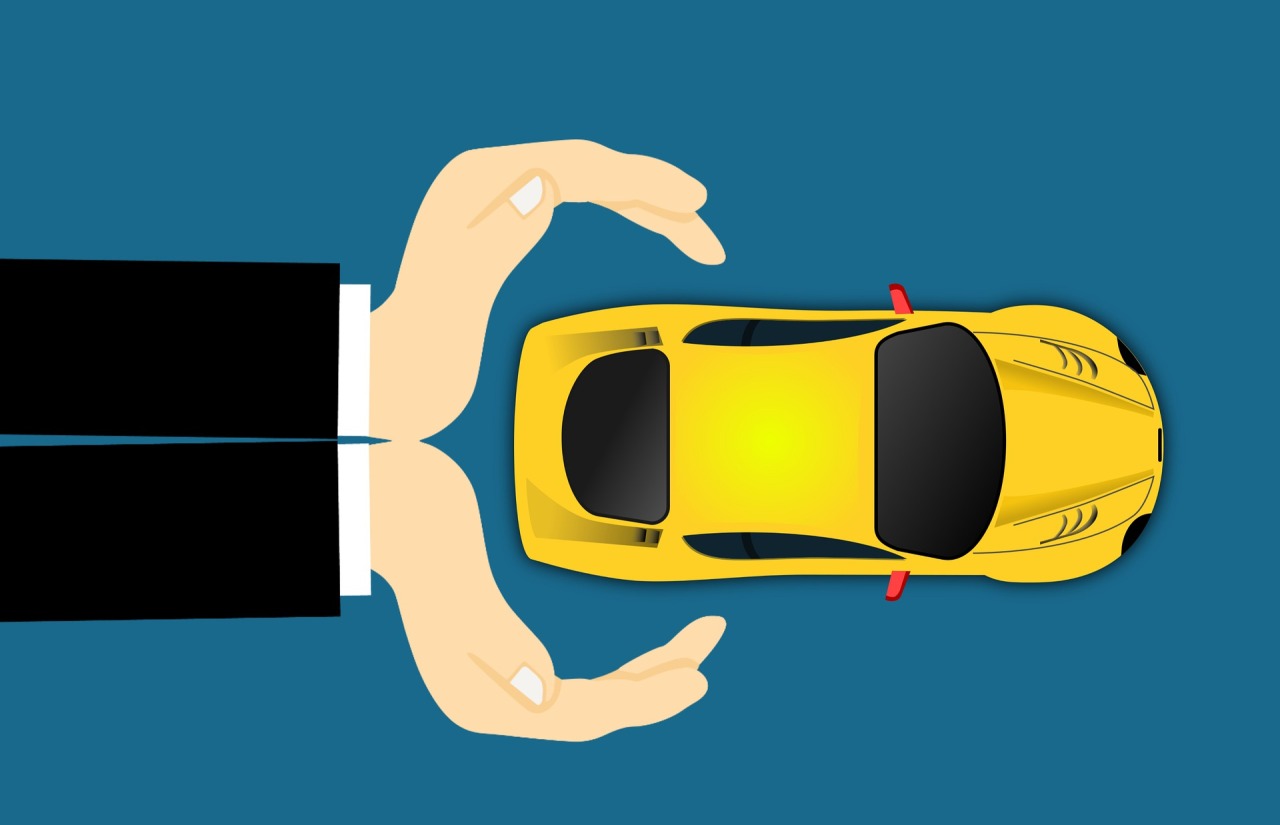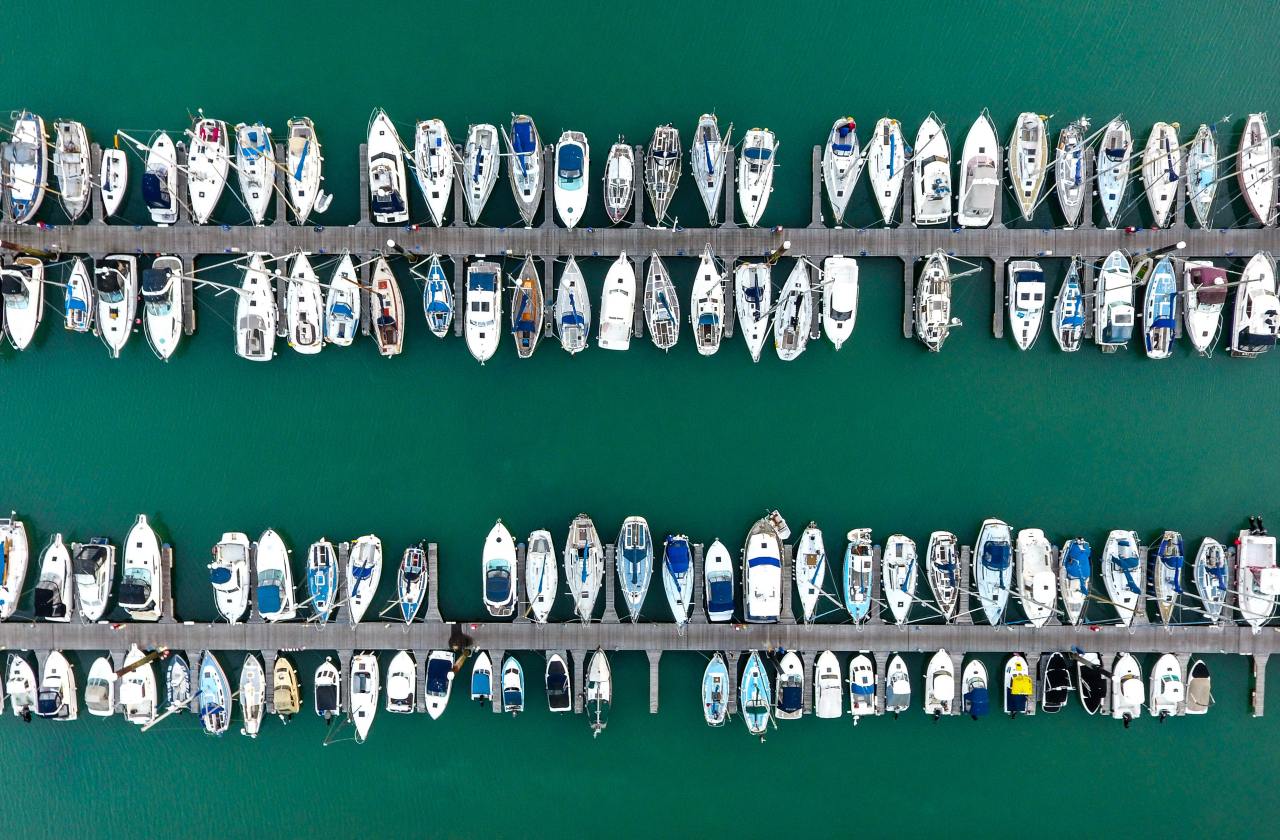Protect Your Assets With the Right Business Insurance Coverage
A single spark can set a business on fire. A simple slip can lead to a long and expensive legal battle. You can wake up the next day and your company car is not in its parking spot. If there’s one thing every business owner knows, it’s that nothing is certain and it’s important to keep risk to a minimum.
Many business owners fall into the trap of not purchasing adequate insurance coverage for their business. Let’s analyze this statement in more detail. It’s not enough to cover your business. Commercial insurance should be your failsafe. That is, your business insurance coverage should cover all possible scenarios.
Identify all the risks associated with your business
The first step in determining the right insurance for your business is a thorough review of your entire operation from start to finish. Make sure no stone is left unturned. If you’re the owner, there’s a good chance you’re not aware of everything that goes on in your day-to-day business. Therefore, it’s best to bring in all of your managers, as well as key employees, to make sure you’re not overlooking anything.
There are four main types of business insurance
The first category is probably the most common - business property insurance. Simply put, this type of insurance will reimburse you money if your business property (i.e. your office, machinery, etc.) is damaged or destroyed.
The second general classification of business insurance is liability insurance. If you have injured a person or damaged property in the course of your business, this type of insurance will pay for it. For example, if you are a restaurant owner and someone slips in your restaurant because of a spilled drink, you can use your liability insurance to cover the cost of the victim’s hospitalization.
Third, there’s car insurance, which is basically similar to your personal auto insurance. It covers damage to your company vehicles, including damage caused by collision accidents.
Finally, commercial umbrella insurance doesn’t play a special role. Rather, it extends the coverage limits of your other insurance policies. It can also be used to cover other things not covered by your liability, property, and auto insurance policies.
What is Auto insurance?
Auto insurance is a product you buy that can pay for damage to your own or someone else’s vehicle in the event of an accident or non-accidental damage. Each state has its own laws regarding the amount of car insurance each person should have in order to drive legally.
Car insurance rates are also affected by many different factors. They don’t even depend on the different companies; it is up to the insurance industry to determine what car insurance is and how much a person should pay for car insurance.

What is car insurance?
This seems like a very basic question. However, there are so many different aspects and elements to consider when it comes to car insurance that it can get complicated very quickly if you don’t know exactly what you’re getting into. You need to know how rates are calculated, what types of coverage are available, how much coverage you need or can get, and which companies offer the best car insurance for your needs.
What does car insurance cover?
Auto insurance is designed to protect you as an individual or a business or organization from financial losses associated with a motor vehicle. Financial losses can occur for many reasons, and car insurance can cover your losses in several ways.
Property damage liability
Property damage liability covers damage you or someone driving your vehicle with your permission causes to someone else’s property. The cost can include the other vehicle, utility poles, fences, buildings, homes, businesses, or almost any type of structure your car comes in contact with.
Collision
Collision coverage typically protects your vehicle from damage caused by an accident with another vehicle, a pothole, an overturned car, etc. Collision coverage pays for the repair of your vehicle, or if your vehicle is damaged in an accident, it reimburses you for the value of the vehicle less the deductible and in many cases other expenses.
Boat Insurance - The Need And The Means To Get It
With boating accidents on the rise, boats being stolen, and most accidents resulting in serious injury, boat insurance is of utmost importance. So if you own a boat, whether for commercial or personal use, insurance is always necessary. Always choose an insurance company that is always responsive and available. Whether it’s an emergency service or a claim, help should always be available.

Options and pricing
Different boat owners look for different coverage options depending on their boat and needs, and insurance companies should offer products that meet those needs. Depending on the type of boat, whether it’s a non-powered boat like a kayak or canoe or a higher-end boat like a powerboat or personal watercraft, the owner will need to choose the appropriate insurance policy.
Health insurance for owners and passengers is an added bonus. Once you have estimated the value of your boat, decide on a high or low value boat insurance policy, keeping all aspects in mind.
Other coverage
Water and property damage coverage in case you accidentally collide with another boat and damage the boat’s engine or other components are also available.
Coverage for emergencies and equipment such as covers, gas tanks, anchor lines and anchors, sonar equipment, engine, gear, compass and life jackets, as well as coverage for trailers and equipment on the road, are also available for an additional premium to your boat insurance policy. In any case, boat owners should make sure they choose the right insurance and additional coverage to handle difficult insurance situations.
Choosing boat insurance
Many variables determine the type of boat insurance. A fishing boat will definitely have a lower insurance premium than a speedboat because the insurance company has a greater liability with a speedboat. Very expensive boats have a higher insurance premium than inexpensive boats.
Car and boat insurance have many things in common. As with car insurance, the factors an insurance company considers in its risk assessment are the same for boats. These include the age of the boat, the criminal history of the owner and primary driver, and the value of the boat, to name a few factors. As with car insurance, there are fully comprehensive and basic comprehensive policies.
When financing cars or boats, comprehensive insurance is usually mandatory. This is done to protect the bank in case something happens to the boat or car before it is paid off. This coverage is the most expensive because the risk remains with the insurance company.
In the other form of insurance, limited liability, the owner of the boat cannot make a claim for damage or theft. Only the damages to people involved in boating accidents must be paid by the insurance companies. In any case, local laws must be checked to ensure that the boat owner takes out insurance that is within the parameters to help him in the long run.

0 Comments